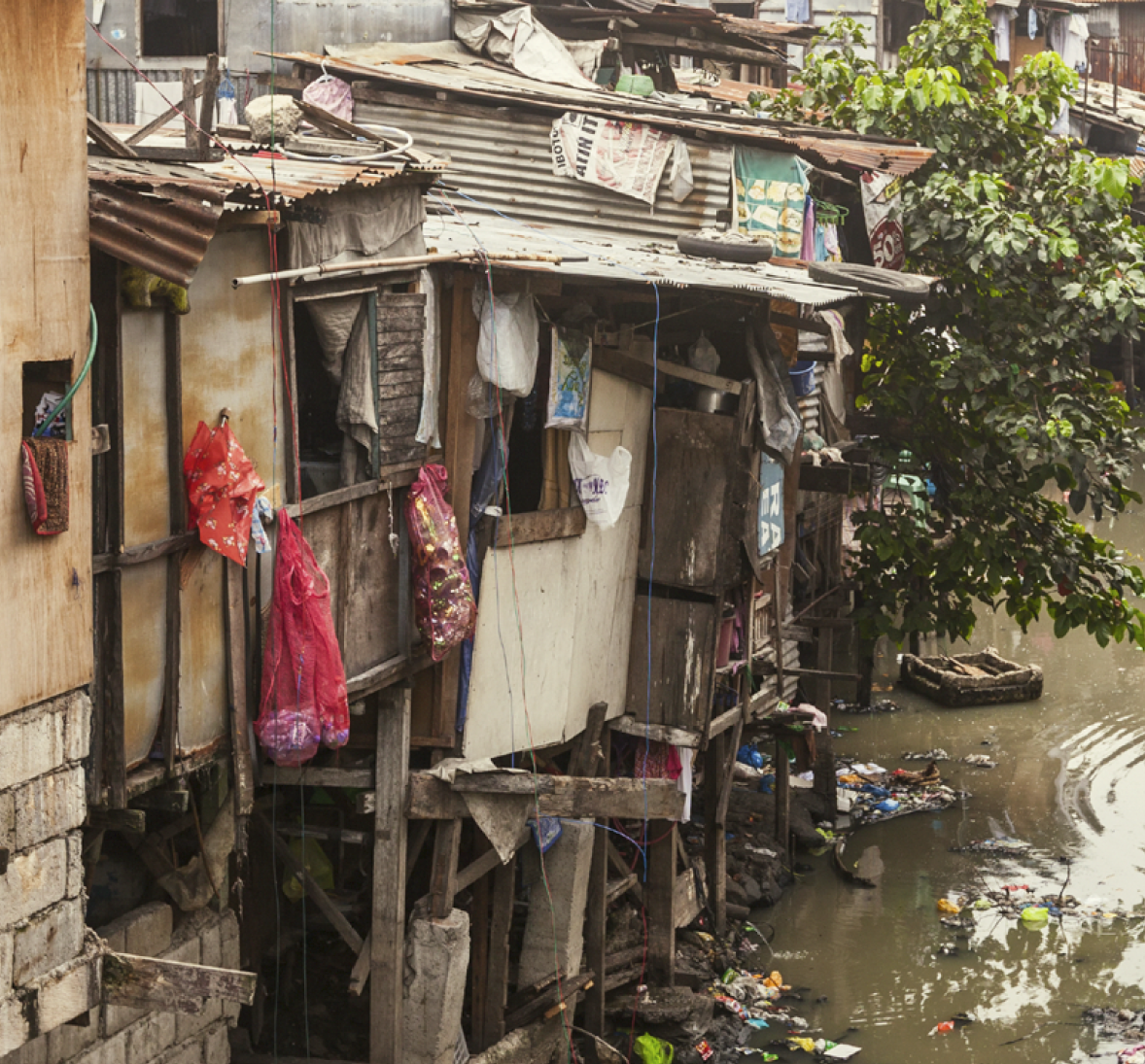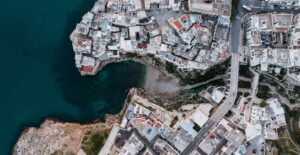Source-to-Sea Framework for Marine Litter Prevention
The Framework highlights the central role of the river basin in preventing marine litter. Building a common understanding of both the sources and impacts of plastic pollution incentivizes cooperation between upstream and downstream actors, as well as coordination across sectors.

Stopping plastic waste before it enters waterways and the ocean is the most cost effective. The immediate need is to direct resources to radically improving the capability of local waste and wastewater managers to gain control of, reduce and capture waste plastics.
Recommendations
- Global concern about plastics in the oceans should be focused where funding, capacity and infrastructure are insufficient to tackle the task of marine litter prevention. Taking a source-to-sea view of the problem of land-based sources of plastic pollution will funnel resources where they are most needed.
- Invest in developing methods to characterize the types, sources and behaviours of plastics in riverine and marine environments in order to drive focus toward behavioural change.
- A better understanding of the impacts of plastic pollution as it travels through river basins and out to sea is urgently needed in order to identify who (people and ecosystems) is being affected in what ways.
- As the impacts of plastic pollution and their ramifications are better understood, the impetus for stakeholders from source to sea to engage and invest in changes will evolve. Assessing the impacts of plastic pollution from source to sea will strengthen the business case for the transition to a circular economy for plastic.
- The Source-to-Sea Framework for Marine Litter Prevention is a holistic management approach that can be integrated with existing approaches such as Integrated Water Resources Management (IWRM), Coastal Zone Management (CZM) and Marine Spatial Planning (MSP) and can link these management approaches together.
- All investment in building the capacity for source-to-sea management will have spill over benefits to other source- to-sea issues. Using this holistic approach to preventing plastic pollution will begin building a foundation for improved social, environmental and economic outcomes from source to sea.
- The solution for preventing plastic pollution lies in both source-to-sea management and circular economy working together. Efforts on both fronts need to be supported.
Citation
This policy brief has been authored by Ruth Mathews, Senior Manager, SIWI and draws extensively upon Mathews, R. E. & J. Stretz (2019). Source-to-sea Framework for Marine Litter Prevention: Preventing Plastic Leakage from River Basins. Funding has been provided by Bundesministerium für wirtschaftliche Zusammenarbeit und Entwicklung (BMZ) and United Nations Development Programme (UNDP) through the UNDP-SIWI Water Governance Facility.
Please, help us understand your needs better
Are you reading this publication as part of a course, for work or for your own knowledge? Let us know by emailing: coms@siwi.org



